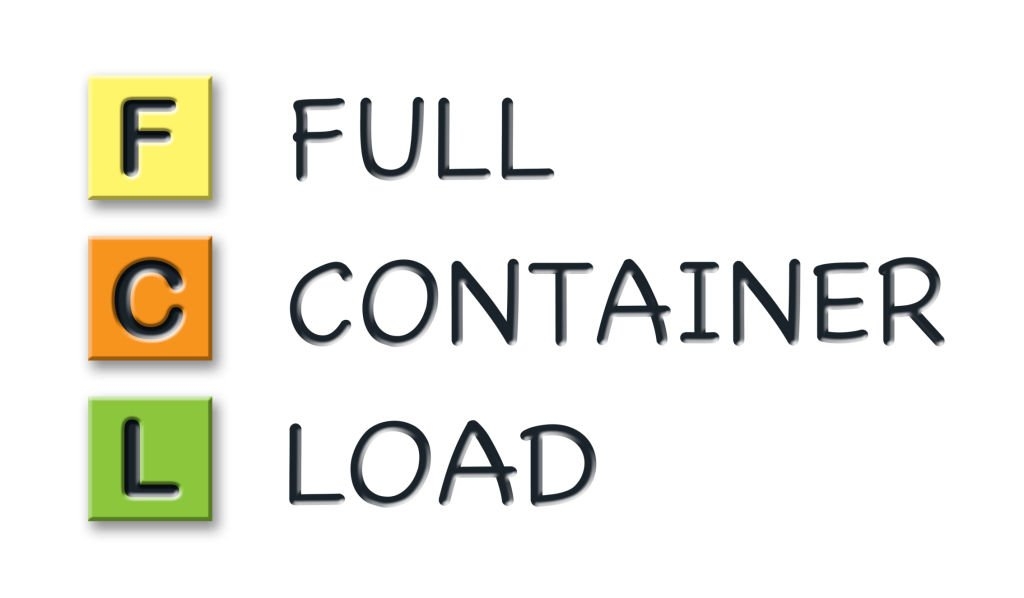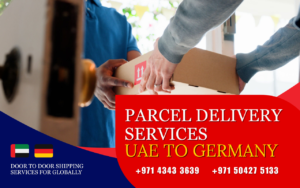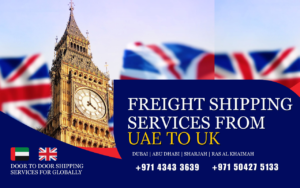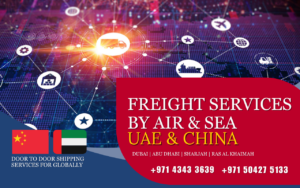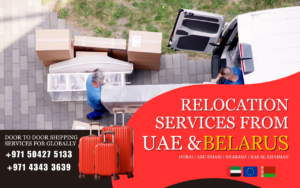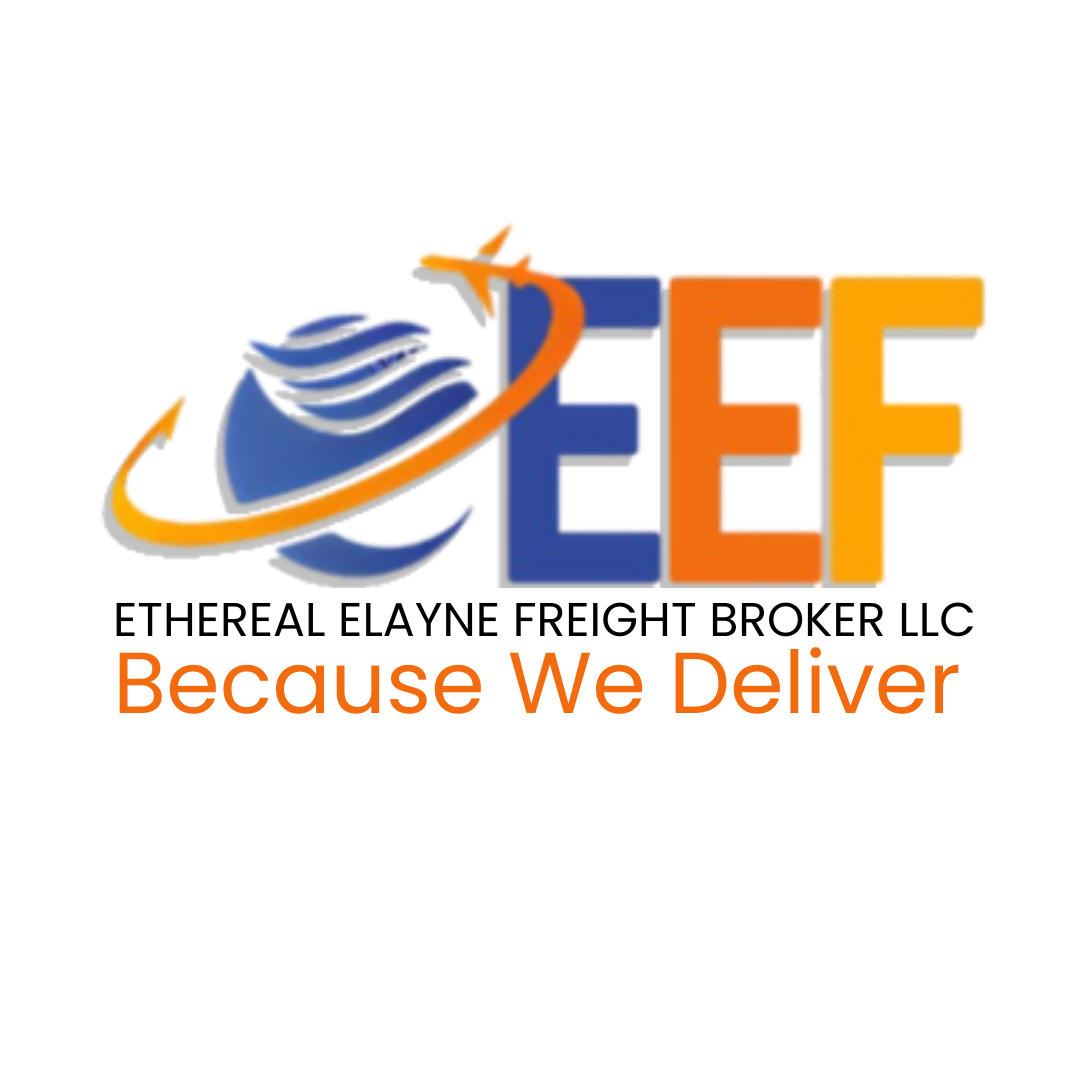As businesses expand globally, international trade has become a crucial aspect of the economy. The movement of goods from one country to another requires efficient logistics and transportation systems. One of the popular methods of shipping goods internationally is FCL (Full Container Load) shipping. In this article, we will explore the advantages and disadvantages of FCL shipping, compare it with LCL (Less than Container Load) shipping, and provide guidelines on how to choose the right FCL shipping company.
What is FCL Shipping?
In FCL shipping, a shipper fills a full container with their goods, which is then shipped to a single consignee. The shipper can load various goods into the container, including commodities, imported food, and other products. The term “20 FCL” means a container with a length of 20 feet and “40 FCL” means a container with a length of 40 feet.
Advantages of FCL Shipping
FCL shipping offers several advantages over other types of shipping methods:
Cost-effective
FCL shipping can be cost-effective for businesses that ship large quantities of goods. With FCL shipping, the cost per unit decreases as the volume of goods increases.
Protection of Goods
In FCL shipping, the goods are shipped in a dedicated container, which provides better protection than other shipping methods. The container provides protection against weather conditions and any potential damage during transportation.
Customization
FCL shipping offers the flexibility to customize the container according to the specific needs of the goods being shipped. It allows businesses to choose the type of container and arrange the goods in a way that maximizes space and minimizes any potential damage.
Quick Transit Time
FCL shipping offers quick transit times because the container is shipped directly from the origin to the destination. It reduces the time spent in the port and any potential delays that could occur in the process.
Disadvantages of FCL Shipping
Despite the advantages, FCL shipping has some disadvantages, which are:
Cost
FCL shipping can be expensive for businesses that don’t ship large quantities of goods. The cost per unit may be higher than other shipping methods, such as LCL shipping.
Container Cross Stuffing
Container cross-stuffing is a common issue that can arise in FCL shipping. It occurs when different shippers use the same container to ship their goods. It can cause delays, confusion, and even damage to the goods being shipped.
Requirement for Major Transportation
FCL shipping requires major transportation, such as air freight or sea freight, which may not be feasible for some businesses.
FCL vs LCL Shipping
Different from LCL shipping, which is a method of shipping in which products from various shippers are combined into a single container, is FCL shipping. The amount of space used in the container is the primary distinction between LCL and FCL transportation.In LCL shipping, the cost per unit is higher as the volume of goods decreases. LCL shipping is ideal for businesses that don’t have enough goods to fill a full container.
How to Choose the Right FCL Shipping Company
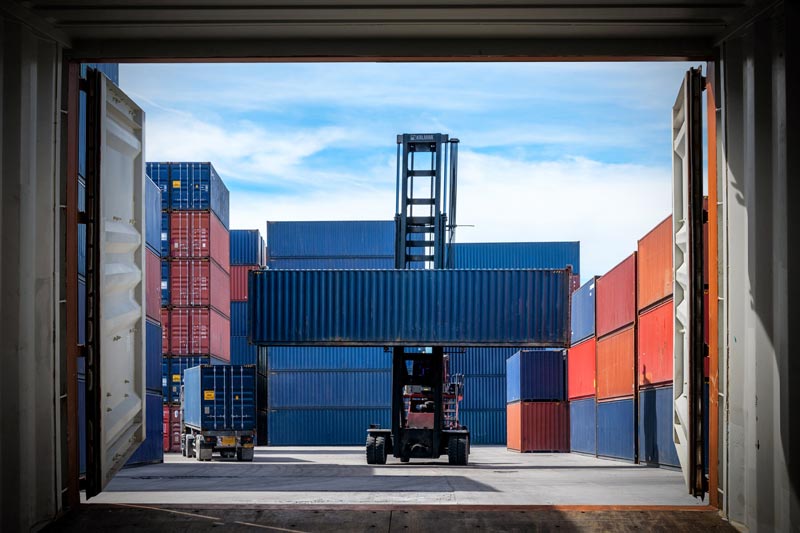
Choosing the right FCL shipping company is crucial for the success of the shipment. Here are some guidelines on how to choose the right FCL shipping company:
Price
Compare the prices of different FCL shipping companies and choose the one that offers competitive pricing.
Experience
Choose an FCL shipping company with experience in handling goods similar to yours. Experienced FCL shipping companies have the knowledge and expertise to handle any potential issues that may arise during transportation.
Documentation
Choose an FCL shipping company that has expertise in handling the necessary documentation, such as customs clearance and duty payments.
Transit Time
Choose an FCL shipping company that offers quick transit times and has a reliable transportation network. Quick transit times can reduce the risk of any potential delays and ensure that the goods arrive at the destination on time.
Customer Service
Choose an FCL shipping company that has excellent customer service and provides timely updates on the status of the shipment. A reliable FCL shipping company should have a responsive customer service team that can address any concerns or questions you may have.
FCL Shipping Rates
FCL shipping rates are calculated based on several factors, such as the origin and destination of the shipment, the size of the container, and the type of goods being shipped. Businesses can negotiate rates with FCL shipping companies to get the best price for their shipment.
FCL Shipping Documentation
FCL shipping documentation includes several documents, such as bill of lading, commercial invoice, packing list, and certificate of origin. These documents are necessary for customs clearance and duty payments. Businesses can work with their FCL shipping company to ensure that all necessary documents are prepared and submitted on time.
FCL Shipping Process
The FCL shipping process involves several steps, such as container booking, container loading, transportation, customs clearance, and delivery. FCL shipping companies handle all aspects of the shipping process, ensuring that the goods are transported safely and efficiently.
FCL Shipping Challenges and Solutions
FCL shipping can pose several challenges, such as container cross-stuffing, delays, and potential damage to the goods being shipped. However, these challenges can be addressed by working with an experienced FCL shipping company that has a reliable transportation network and handles all necessary documentation and customs clearance.
Conclusion
FCL shipping is a cost-effective and efficient way to transport goods internationally. It offers several advantages, such as protection of goods, customization, and quick transit times. However, FCL shipping also has some disadvantages, such as container cross-stuffing and higher costs for smaller shipments. When choosing an FCL shipping company, businesses should consider factors such as price, experience, documentation, transit time, and customer service. By working with a reliable FCL shipping company, businesses can ensure that their goods are transported safely and efficiently.

